101 Executive Coaching
The developmental goals in coaching are vital for improving a leader’s abilities and achieving positive outcomes for the organization. Some of the key developmental goals in executive coaching include:
Self-awareness: Developing awareness of one’s capabilities, weaknesses, preferences, and leadership style.
Communication: Improving communication skills, including listening, speaking, written communication, and non-verbal communication.
Conflict management: Learning techniques and practices for managing and resolving conflicts among team members.
Teamwork: Cultivating collaboration and teamwork skills to achieve common goals.
Strategic thinking: Strengthening the ability to think strategically, analyze the environment, and understand the organization’s main objectives and priorities.
Time management: Developing techniques and methods to improve personal and team time management.
Recognition and feedback: Improving the ability to provide appropriate recognition and feedback to subordinates, as well as managing team performance.
Flexibility and adaptability: Developing the ability to adapt to changes, manage uncertainty, and address challenges.
Ethics and values: Empowering the perception and application of ethical principles and organizational values in decision-making and resource management.
Innovation and creativity: Promoting innovation and creativity within the team, as well as encouraging openness to new ideas and approaches.

By supporting leaders in achieving these developmental goals, leadership coaching can contribute to improving performance, effectiveness, and the ability of leaders to respond to the challenges of today’s competitive environment.
In order to achieve these goals, coaching needs to be well-structured and tailored to the needs and priorities of each leader. This typically includes:
A) Assessment of skills and areas for improvement,
B) Guiding and supporting the learning process, and
C) Monitoring and evaluating progress.
It is also important to consider the cultural and personal diversity of leaders and their teams, as this can affect the effectiveness of coaching. Coaches should be flexible and adaptive to the different needs, preferences, and expectations of leaders in order to ensure the success of the program.
Finally, organizations should provide the necessary support and incentives for the application of acquired skills and continuous improvement of leadership performance. This may include allocating time and resources for education and development, recognizing and rewarding achievements, as well as creating an environment that promotes continuous learning and the development of leadership abilities.
Overall, the developmental goals in coaching aim to enhance the skills and performance of leaders while also contributing to the growth of the organization and improvement of outcomes. With proper support, leadership coaching programs can be a powerful tool in shaping an effective, evolving, and adaptive leadership team.






